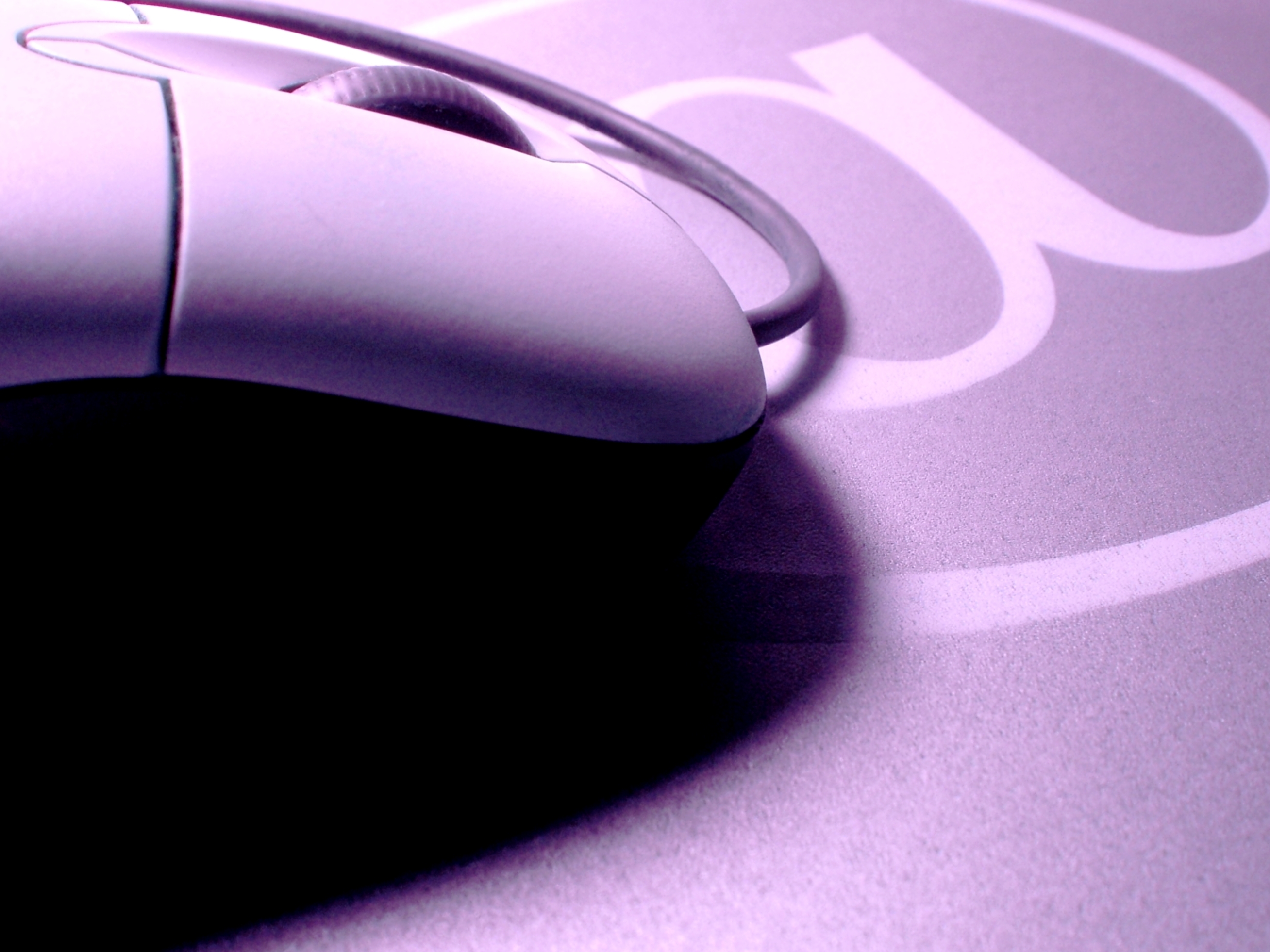The internet's mental age is seven
It's big but it's not clever. Here comes the science...

We've been online for a very long time, and we - and we're sure, you - have probably noticed something pretty disturbing: collectively, the internet is as dumb as rocks.
The information superhighway, as pundits described it in the dark days of the 1990s, was going to change not just the way we lived and worked, but the way we thought.
No longer would we languish in the darkness of dumb despair. The internet would shine the Torch of Truth on each and every one of us, and it would feed our minds with the Flan of Facts.
Didn't quite work out that way, did it? All over the internet people are saying really stupid things, and the problem seems to be getting worse.
So what's going on? There are only two possible explanations. It's either simple demographics, or the internet works exactly like our brains - and that means its mental age is seven.
Demographics first. If you went online in the early 1990s, you were one of a select group. Getting online was a hassle, cost a fortune and involved a bit of technical know-how, and that meant that the internet population was (generally speaking) a pretty smart, well-educated bunch with disposable income (or a place at University).
Over the years things have become more accessible and more affordable, so today any tabloid reader can come online and share their thoughts with an eagerly waiting world.
Get daily insight, inspiration and deals in your inbox
Sign up for breaking news, reviews, opinion, top tech deals, and more.
That's part of it, certainly, but it's not the whole story. It doesn't explain why otherwise intelligent people parrot the most demented conspiracy theories, why pillars of the community form Facebook lynch mobs, or how people who are apparently normal, functioning human beings post things that suggest they're anything but. What does explain it is science - and in particular, neuroscience.
All in the brain
Brains are amazing things, but they do their most amazing things when we're pretty young. New experiences create new pathways in our heads, and if we repeat those experiences - whether they're physical or intellectual - the pathways get stronger.
The bulk of those pathways are forged in early childhood so, for example, the best time to learn a second language is before you're seven.
Of course you can learn languages later, but after seven you're swimming against, not with, the tide. The structures you form before the age of seven are the ones most likely to endure: essentially the inside of your head is one big popularity contest, and around the age of seven you've already picked the winners.
The internet works like that, too. From Google's PageRank algorithm to the misinformation and disinformation that spreads so widely, things gain momentum - so a bit of wrong information that feels right gets the hits and the clicks and the tweets, while things that are true but dull wither.
Factor in the brains of internet users with their fixed ideas of how things are and it's no wonder that more often than not, the things you find people saying, reading and posting online are R-O-N-G wrong.
Old dogs can learn new tricks, but only if they want to. You can't feed people the Flan of Facts if they refuse to eat, or shine the Torch of Truth through eyes screwed shut.
-------------------------------------------------------------------------------------------------------
Liked this? Then check out Rude internet users are making you stupid
Sign up for TechRadar's free Weird Week in Tech newsletter
Get the oddest tech stories of the week, plus the most popular news and reviews delivered straight to your inbox. Sign up at http://www.techradar.com/register
Writer, broadcaster, musician and kitchen gadget obsessive Carrie Marshall has been writing about tech since 1998, contributing sage advice and odd opinions to all kinds of magazines and websites as well as writing more than a dozen books. Her memoir, Carrie Kills A Man, is on sale now and her next book, about pop music, is out in 2025. She is the singer in Glaswegian rock band Unquiet Mind.
